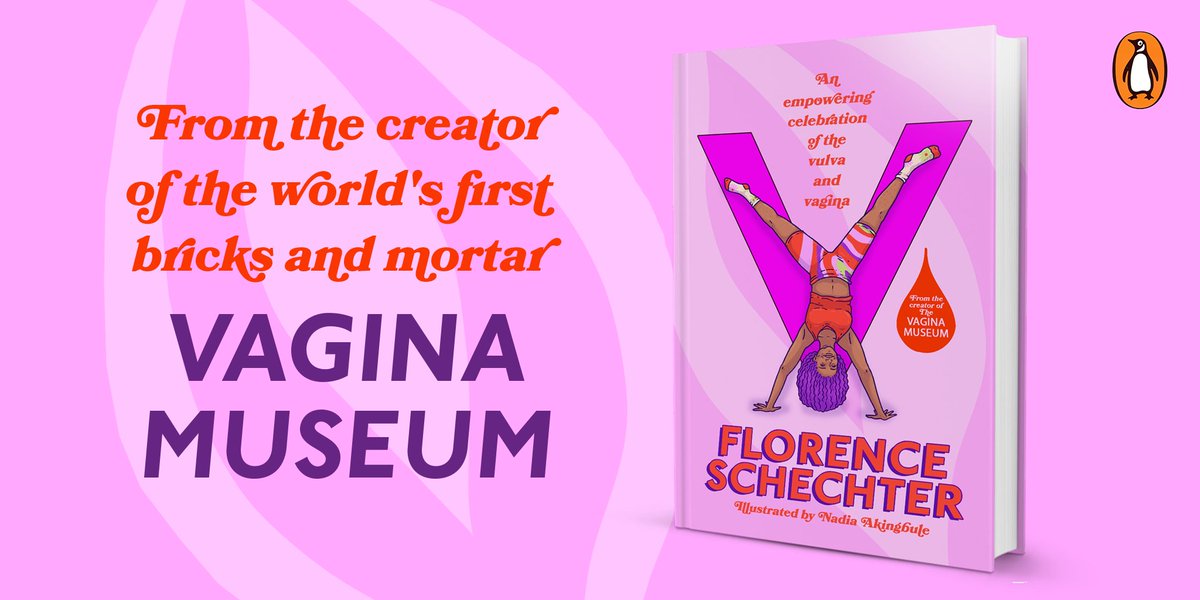
Did you know the Vagina Museum has a book club and there's loads of ways of getting involved? There are monthly #Cliterature meetings, which are virtual so you can join us from anywhere in the world. vaginamuseum.co.uk/events/eventsc…
You can browse our current and former Cliterature choices in our online gift shop vaginamuseumshop.co.uk/collections/cl…
And you can sign up to our Cliterature e-news for discussion points and some fanny-tastic literary giveaways directly into your inbox eepurl.com/hfzU75
Our November read will be The Secret Lives of Church Ladies by @DeeshaPhilyaw, an award-winning debut novel which is being adapted for HBO! app.lineupnow.com/event/cliterat…
• • •
Missing some Tweet in this thread? You can try to
force a refresh









